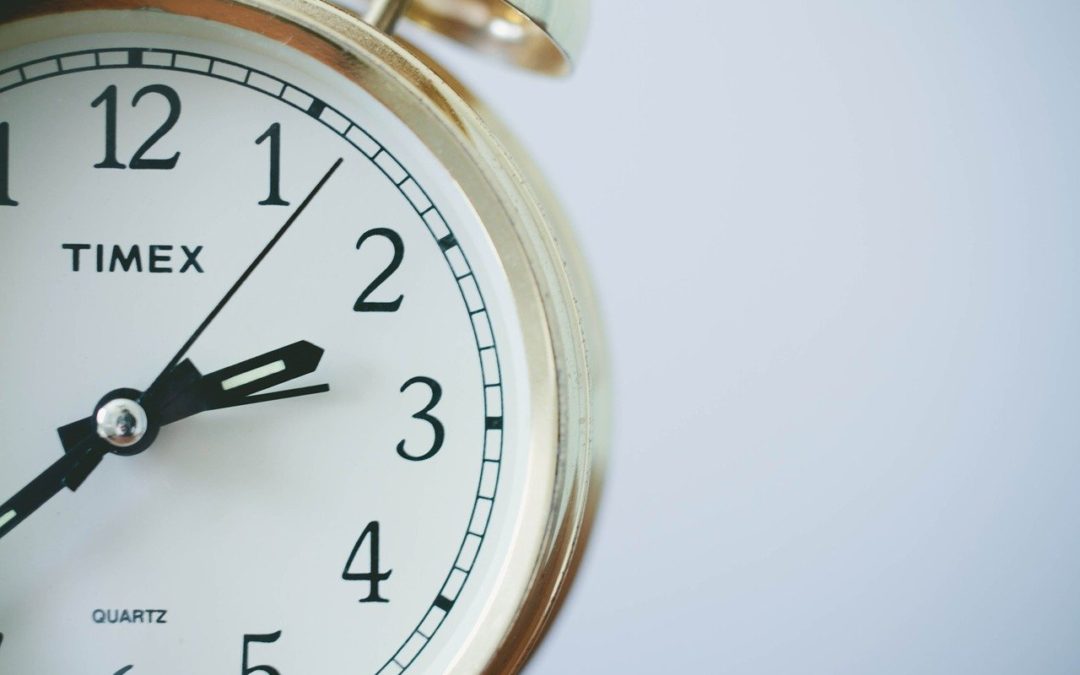Routine often gets a bad rap, attracting adjectives such as monotonous, boring, repetitive, unexciting. We have been sold the idea that to have a full, meaningful life it needs to be unfettered; always new and changing. There is a romanticism linked to the ‘free spirit’ who rejects schedules, predictability and the 9 to 5 lifestyle.
Ironically, we are now living through a stage where external change is constant. Rather than freedom and excitement, this type of change brings uncertainty and a sense of having no control. This in turn can fuel stress and anxiety.
Now is the time for routine to take centre stage.
In the face of external instability, it can be helpful to bring a sense of steadiness into our daily lives. We know this. Every parent knows that young children function best in an environment that is predictable and follows a reliable pattern. This reliable pattern allows a child to grow and flourish within a framework of trust and security. It is essential to the formation of healthy development.
Routine is just as essential to the wellbeing of adults, particularly during our present time. Structure gives us the assurance that we know what is coming next. It lends a scaffold to our days rather than a blank and scary wasteland that we don’t know how to navigate. I may not know what next week will look like globally but knowing what I am going to do in one hour’s time helps me get through the day.
Can I encourage you to create a timetable for your day, including what is relevant to your particular home life. Things such as when you plan to get up in the morning, meal times, work times, exercise, play, rest, social connection through phone or online, bedtime. If you have kids, invite their input; their ideas and creativity may surprise you. Have fun with it; make it as loose or as detailed as you like.
A side note: this is not about being super productive and optimising your time. This is not about putting pressure on yourself to cram more or new things into your day. It’s not realistic to expect to be functioning at your highest during this time, so cut yourself some slack and be gentle with your expectations. The timetable is to serve you, not vice versa!
Consider how to cultivate a sense of ritual. If a routine is something that gets things done, a ritual adds meaning and purpose. Something as simple as your morning tea break can take on the flavour of ritual by bringing awareness to its preparation; making a pot rather than the tea bag or instant coffee, the use of a special cup, five minutes sitting in a favourite spot. Routine brings order and familiarity. Ritual brings connection; to the present moment, to self and other.
Stability, gentleness, meaning, connection – you can do it.
For more information about the therapeutic process, or to enquire about accessing my support as a therapist, please click here.

